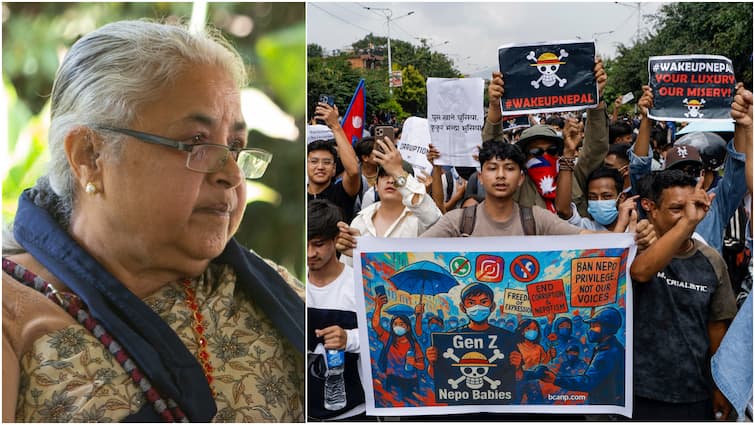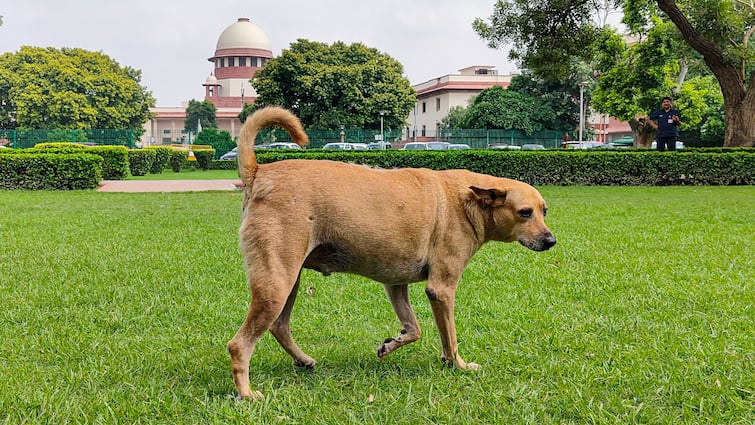Amid the political uncertainty in Nepal following the resignation of former Nepalese Prime Minister KP Sharma Oli, the name of former Chief Justice Sushila Karki has surfaced as a potential candidate to head a transitional government, according to sources cited by news agency ANI. Reports suggest that her name is also gaining traction among civic groups seeking a non-partisan figure to guide the country through this volatile phase.
Gen-Z Movement Endorses Karki: Reports
In a virtual meeting that lasted nearly four hours, members of Nepal’s Gen-Z movement reportedly agreed to support Karki as their interim leader in upcoming negotiations. According to reports, participants of the Zoom session emphasised that no youth affiliated with established political parties should take part in the leadership talks. To ensure neutrality, they backed civic activist Karki, who remains unaffiliated with any political party, as their representative in discussions.
Nepal’s First Woman Chief Justice
Sushila Karki holds a significant place in Nepal’s history as the first woman to become Chief Justice of the Supreme Court, serving from July 2016 to June 2017. She began her legal career in the late 1970s and rose through the judiciary, eventually being appointed as Justice of the Supreme Court in 2009 and confirmed as permanent Justice in 2010.
Karki is widely recognised for her zero-tolerance stance on corruption and her reputation for delivering bold judgments. One of her landmark rulings enabled women to pass citizenship rights to their children, a significant step for gender equality in Nepal.
She also made history as the first Chief Justice in Nepal to face impeachment proceedings in Parliament. The motion was later withdrawn following public outcry and intervention from the Court itself.
During her tenure, Karki was known for her independence, often taking on powerful political and institutional interests. Her emergence as a possible interim leader is seen by observers as an attempt to ensure neutrality and restore trust in governance during Nepal’s political crisis.



